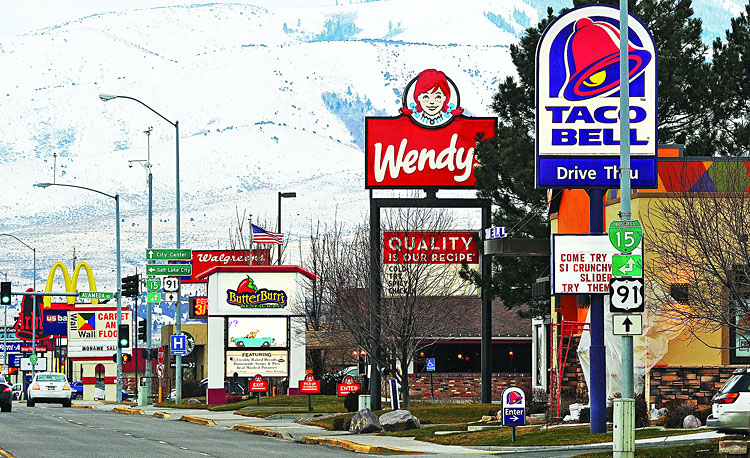Businesses Don’t Just Compete with Identical Competitors

Perhaps you did that — but you likely now realize that competition is everywhere. We compete for the attention of every existing and potential customer, every minute of every day. From word-of-mouth experiences to social media posts, every hour has 60 minute’s worth of opportunities to motivate a customer to visit a physical or online location to satisfy their need.
The Visible/More Obvious Competition
If you’re a restaurant, are you competing with:
- The same food-type restaurant (i.e., you have a Mexican restaurant and you’re competing with the Mexican restaurant within 3 miles of you)?
- Competing with any restaurant that serves similar food to yours (i.e., you’re an Italian restaurant, so you’re competing with Italian and other pasta-serving restaurants?
- Competing with every food-type restaurant (i.e. whether your food specialty is Greek, Mexican, Italian, Chinese, Mediterranean, Peruvian, Thai, Fusion, Farm-To-Table, Eastern-European, etc.)?
Well, if you decided that “3” is your answer, you are correct — and understand just part of your competitive challenge.
Ask yourself; do you eat the same meal every night or every day — for every meal (breakfast, lunch or dinner)? Likely, the answer is no — and similar to customers who eat different foods at different times depending on their mood, they may have an affinity for your location compared to other restaurants, or, they may be trying to gain agreement with the people they’re with to choose a lunch place, etc., etc. … The point is, you’re competing for the “breakfast, lunch or dinner” share of stomach” — not Vegan vs. Vegan or American vs. American food offerings.
The same holds true if you’re a clothing store or a coffee shop. How are you defining your competition, and what makes you Better? Special? Different? (More on this topic in future articles…)
The Not-so-Visible, Not-so-Obvious Competition
You may own a great local coffee shop – but is your only competition the corporate brand or franchise location within a mile of you? Likely — not. Whether it’s for a beverage, either hot or cold, you’re competing with every business that provides these choices, as well as what’s in a person’s refrigerator stocked from what they bought from the local grocery or convenience store. People consume drinks outside the house, often with beverages they purchased elsewhere — was one of those items yours?
If you sell clothing, people can only buy (and wear) so many clothes. They buy them from many different locations, including online.
You’re competing not only with the places you can see driving around town, but also with every entity that sells any clothing, including the social media giants like Instagram, where people share trendy clothing items with friends, and then with the tap of a finger, can be purchased within 5 seconds via smartphone.
So do you see yourself competing 24/7/365 with every company, every business, and every person — who is selling something to your potential customer?
Meeting the Competition
If you understand the fact that we are surrounded by competition, and that our customer is surrounded by competitive choices, then you’ve likely spent many hours choosing how and where you’re going to compete for the customers that you value most. This is the challenge of devoting your time and resources to gaining the greatest “share of customer” that you can get to and satisfy.